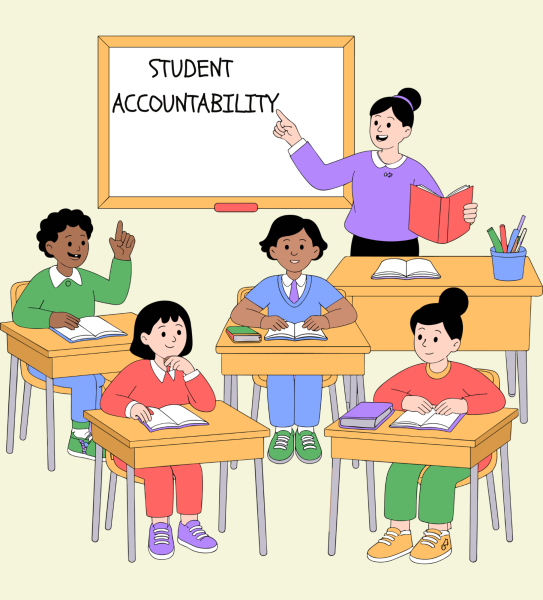Abuse should not be used as plot devices
Imagine falling in love. You and your partner mark every relationship milestone from anniversaries to meeting each other’s parents. Everything feels great—that is until the romance fades into jealous altercations, sudden embraces and overbearing phone calls from your partner. These sound like the elements of any young adult novel; however, these so-called loving gestures cross the line into abusive behaviors like controlling a partner’s decisions and even violence.
Of all things romanticized in fiction, abuse and unhealthy relationships are unfortunately the most popular. Many writers believe that their stories can’t affect anyone because they are just fiction. This statement could not be further from the truth. Abuse is abuse, no matter how you put it.
According to the CDC, more than 10 million men and women have suffered from domestic violence. While novels can bring awareness to the rise in domestic violence, many authors portray abuse in a positive light.
These damaging stories glorifying physical, verbal and emotional abuse teach young readers to ignore the obvious red flags in people. Oftentimes authors paint the unpredictable, possessive behaviors of abusers as desirable or sexy. Authors like Colleen Hoover are teaching a generation to desire abusive relationships.
Due to the popularity of these authors, abuse has become commonplace in young adult romance. Hoover’s abusive romance “It Ends with Us” sat atop the New York Times Bestseller List for weeks.
At the end of the novel, we see Lily and Ryle divorced and co-parenting their daughter. Ryle, a violent sex offender, arrives to spend time with his daughter. Despite recounting Ryle’s abusive behavior toward Lily, Hoover encourages readers to sympathize with his character.
Lily’s decision to co-parent with Ryle is not redemptive. It is a blatant avoidance of the responsibility to protect your child.
The reason why abuse is so prevalent in literature is because readers keep buying these books. To fix this issue, readers should boycott authors who romanticize abusive relationships in their writings and stop buying their books altogether. The issue will be solved when we stop promoting this style of writing.
Young adults will not be able to tell the difference between love and abuse with all the lies novels preach about toxic relationships. Abuse is not love, and it never will be. If you truly believe that it is, then that is a delusion that will hurt you in the end.



